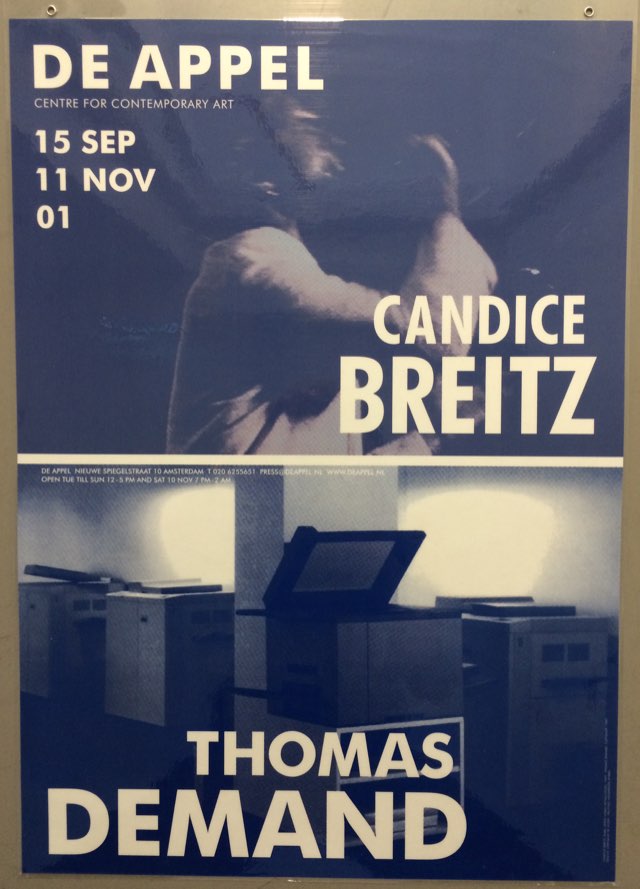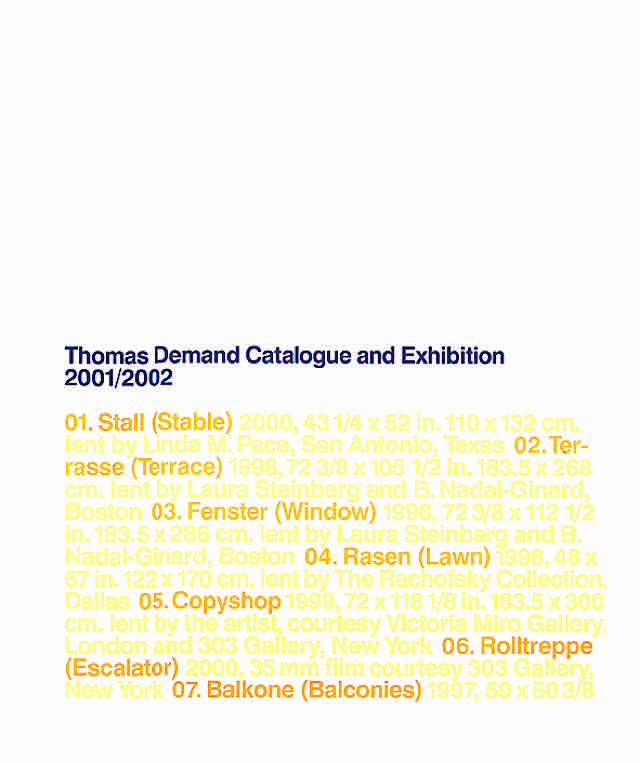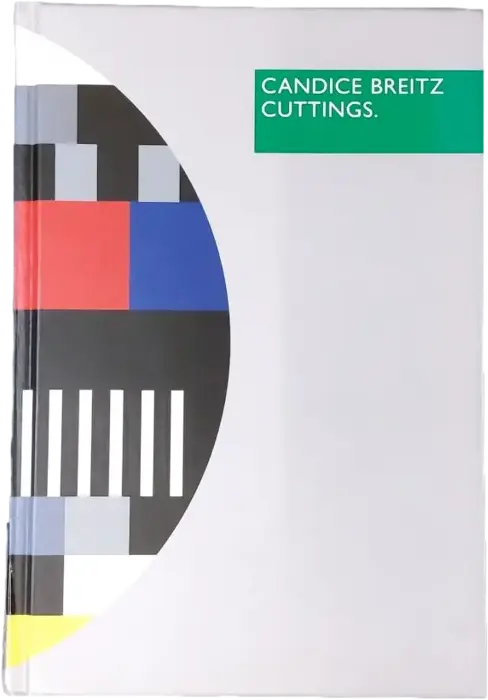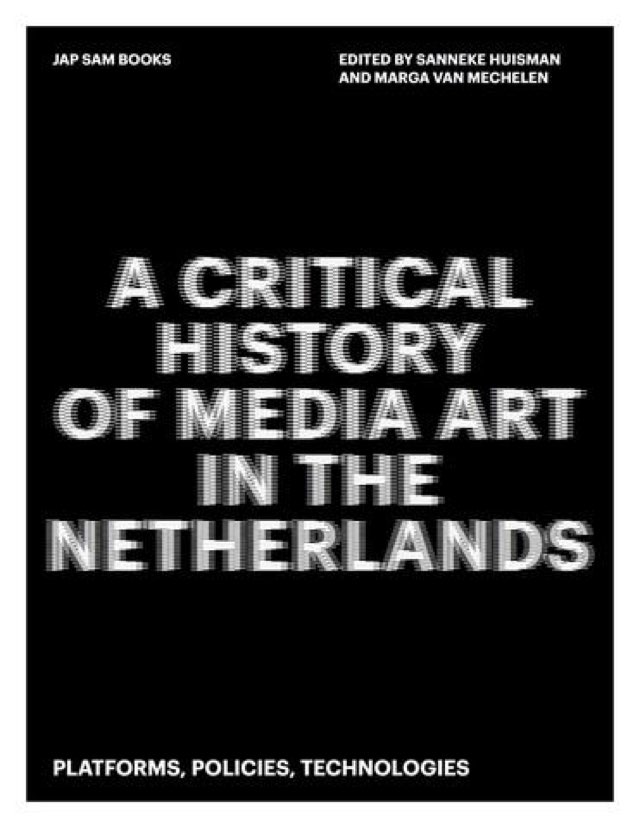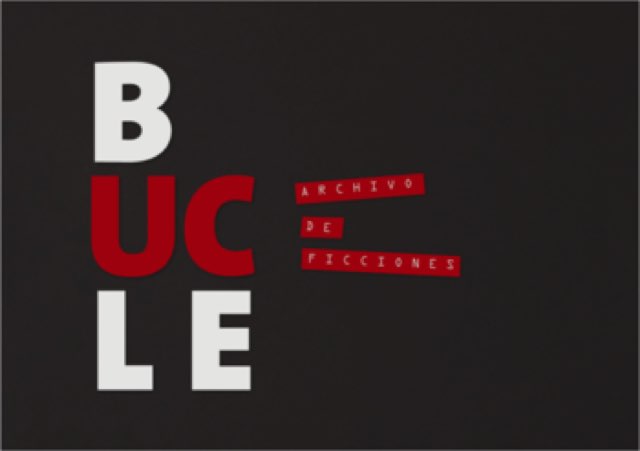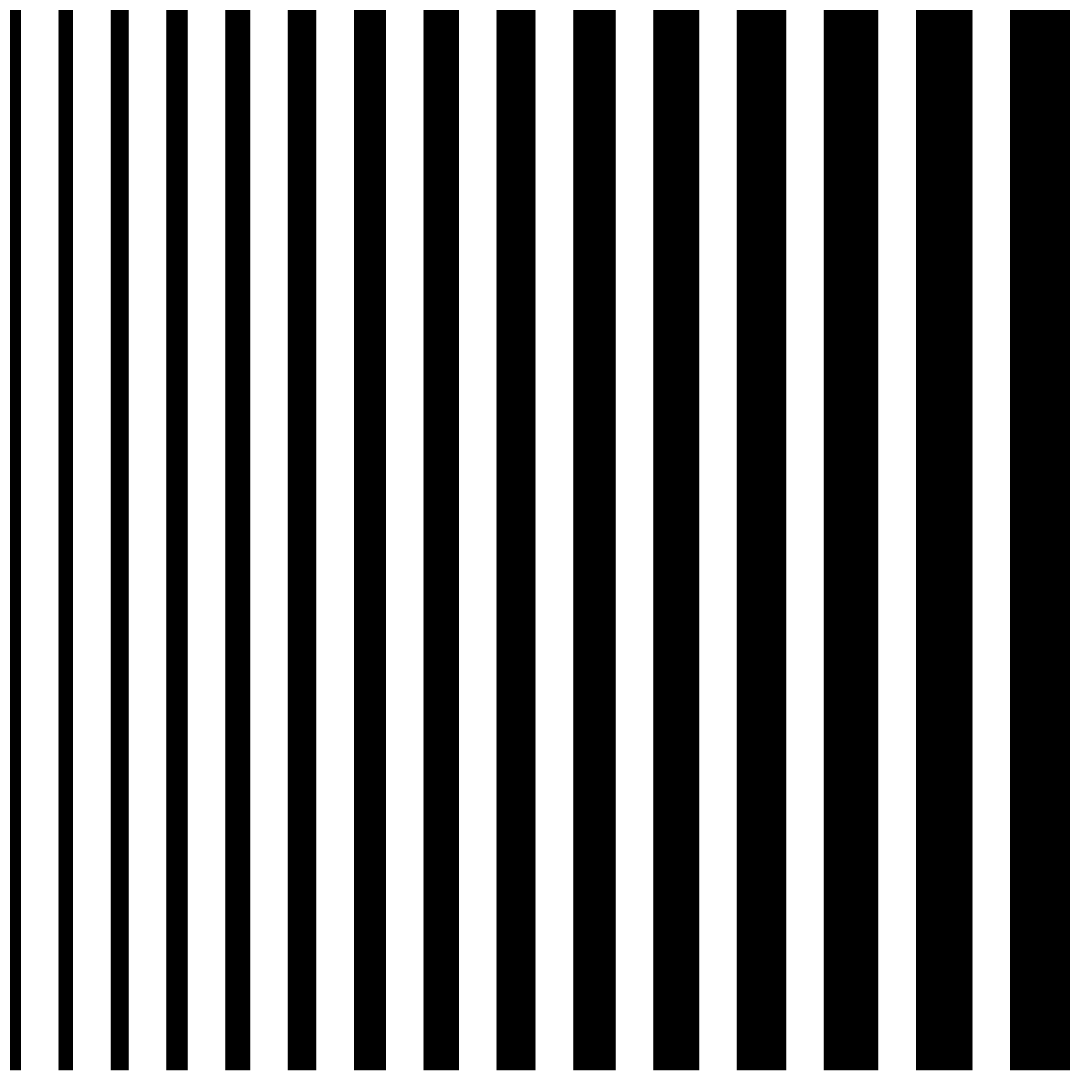Candice Breitz / Thomas Demand "Candice Breitz / Thomas Demand"
de Appel, Nieuwe Spiegelstraat 10, Amsterdam
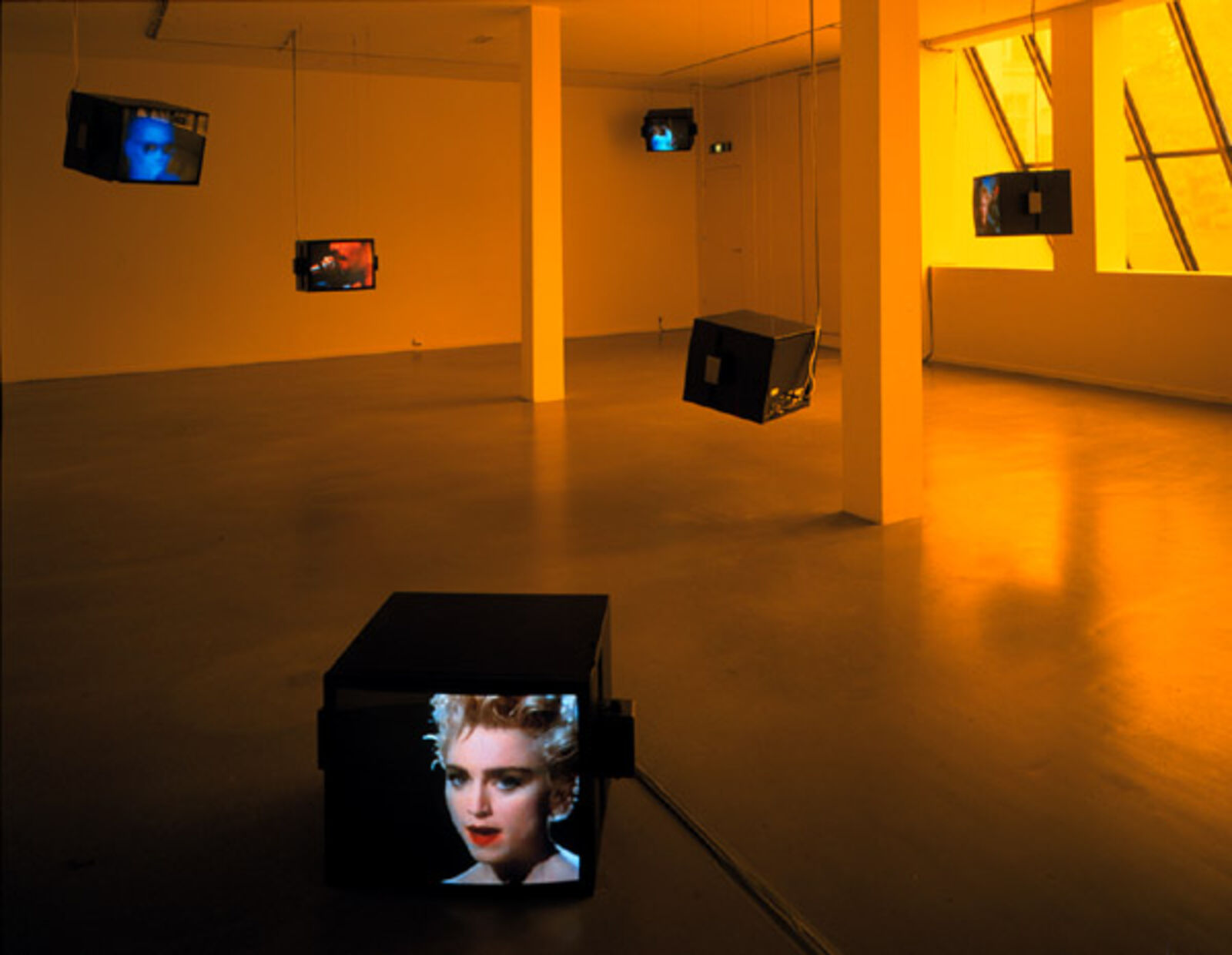
© Ernst Moritz, Den Haag / The Hague
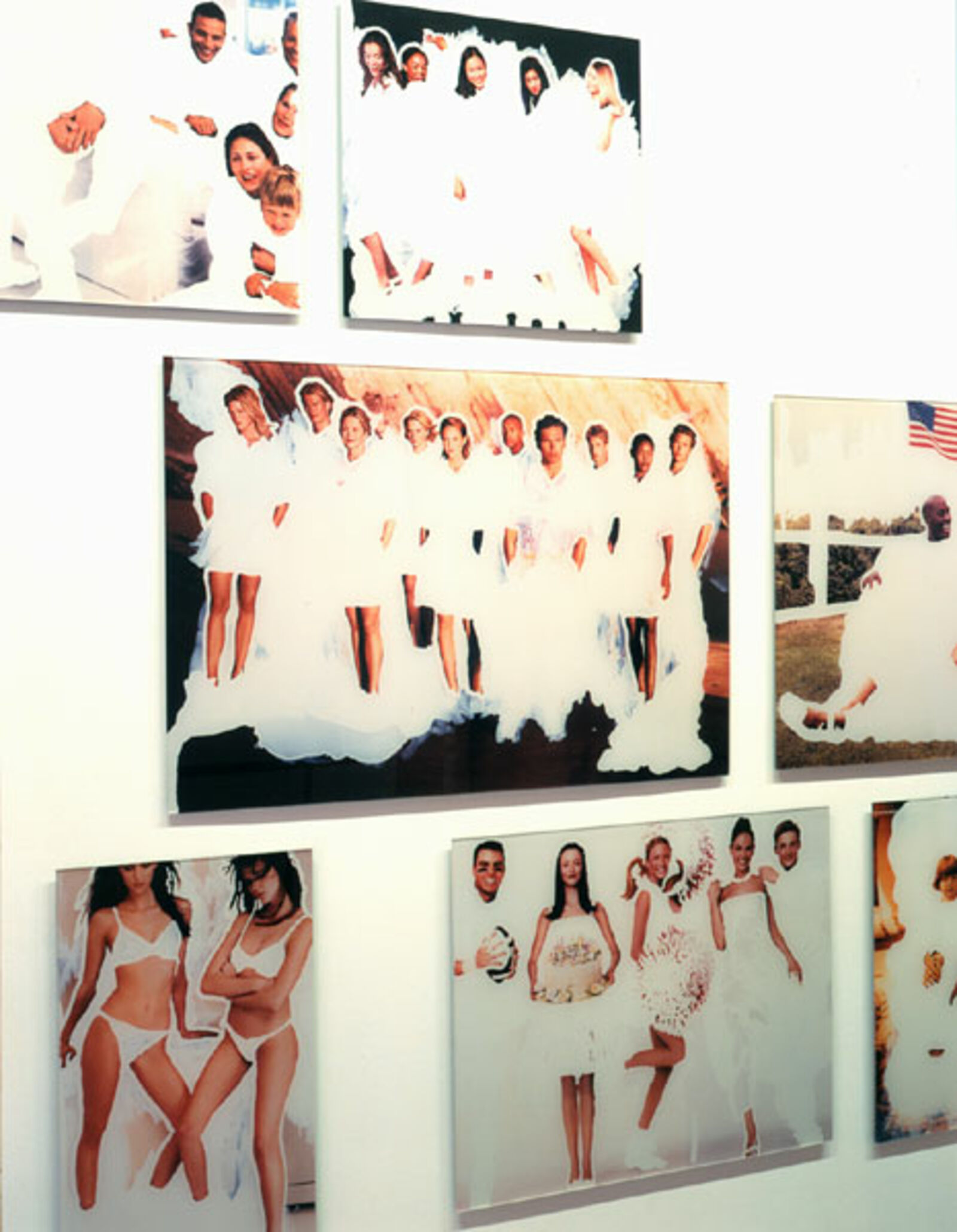
© Ernst Moritz, Den Haag / The Hague
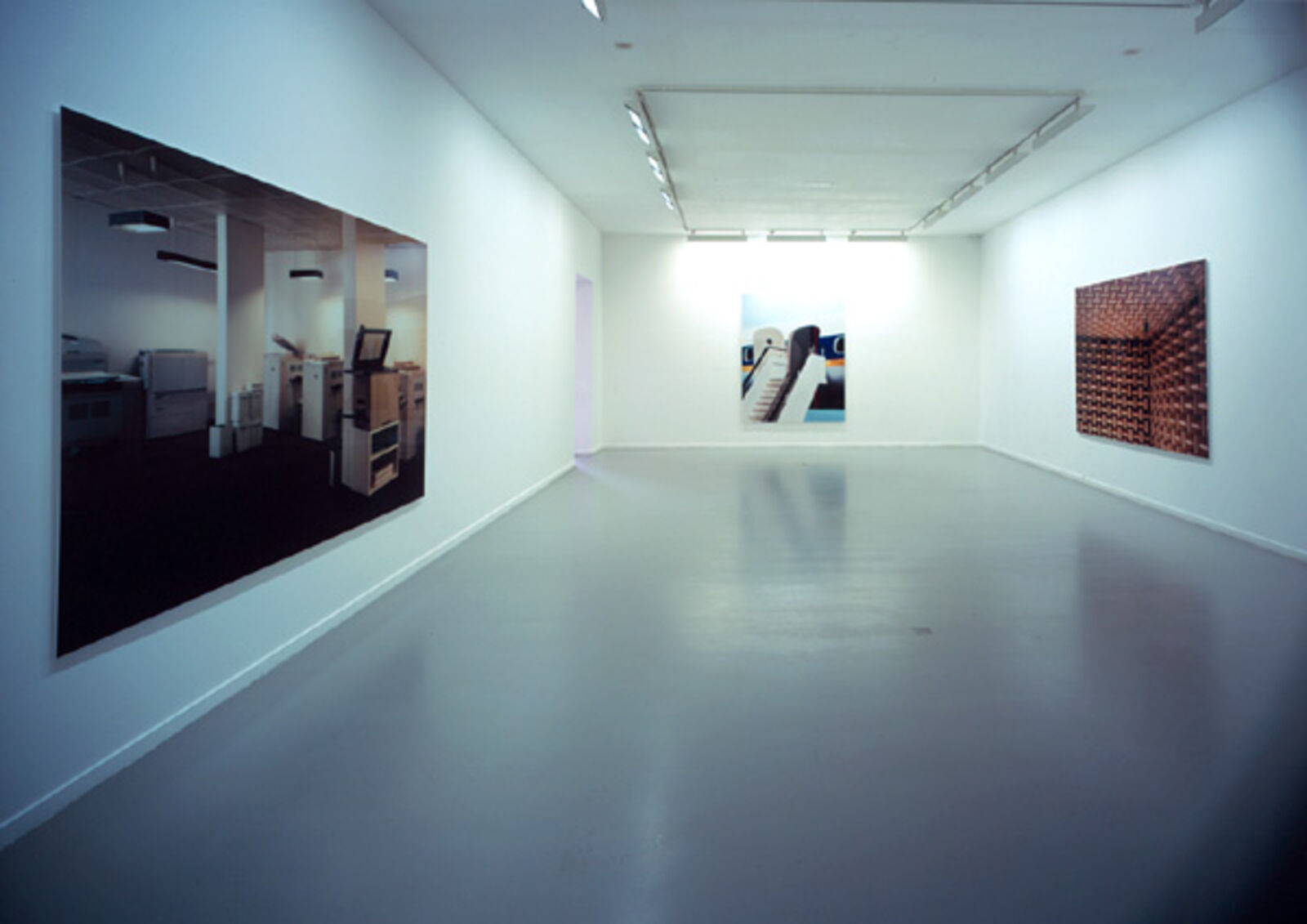
© Ernst Moritz, Den Haag / The Hague

© Ernst Moritz, Den Haag / The Hague
‘Candice Breitz has been exhibiting internationally since 1996, when she first gained wide recognition for the Rainbow Series, a group of photomontages that combines fragments of black and white bodies to explore the instability of identity and the violence of representation. In subsequent series of photographs, Breitz has again and again chosen to translate images that she has isolated from the existing cultural and media landscape. Found images and extracts of footage - from National Geographic to Hustler, from 'Hollywood' movies to MTV - are momentarily cut away from their usual environments, then concisely edited and reconfigured. Complex questions of identity formation and representation are at the core of the earlier photographic works, leading to the more recent video installations which increasingly pursue Breitz's interest in what she has called 'the scripted life', and in which she turns her editing towards critical interpretations of the codes and icons of pop culture and the entertainment industry. Breitz's work effectively re-introduces us to familiar movies, pop stars and love songs, inviting the viewer to revisit terrain in which public and private memory implode into one another. Photographic excerpts, filmic sequences and linguistic moments are extracted from the confines of linear narrative and predictability, then reassembled such that they now offer themselves to the viewer as filter through which to reconsider the context from which they were originally captured. Speech is cut up into split-second syllables and sentences are sucked out of dialogues, pushing language to the edge of comprehensibility.’ (Excerpt from a text by Martin Sturm, published in the catalogue Candice Breitz, Cuttings, Linz (O.K. Centre for Contemporary Art) 2001, pp. 9,10.) Catalogue: Candice Breitz. Cuttings, 2001. Published by OK Centrum für Gegenwartskunst, Oberösterreich. Text: Christopher Phillips, Octavio Zaya, Brian Keith Axel, Candice Breitz, Martin Sturm, Konrad Bitterli, Christine Y. Kim, Frank Wagner and Nicolas Bourriaud. German & English. Editing Martin Sturm, Renate Plöchl. List of works & biography incl. Hard cover. 175 pp., f.c., 13.5 x 19.5 cm. Design: Gottfried Hattinger. ISBN 3 853070302. € 18,-. ‘Thomas Demand's photographs and films are pictures of absence: they are intricate mysteries that pose questions about the things that are not apparent in the work. His involvement with photography grew out of the necessity to document his sculptures. Demand's thought-provoking art achieves much of its power from the lingering uncertainties that loom within his photographs. His photographs are part of a now-prevalent, multigenerational approach in which photography is used as the foundation for a larger conceptual exercise. Although Demand bases his works on actual places, the subjects of his photographs are recreations of these settings made almost exclusively from paper and cardboard. By constructing all of his models out of the same basic material, his images have a uniformity to them. The places he chooses to depict are always of note, but never monuments from history. For Demand, the true importance of these images resides in their subtexts. The artist relies on images he finds in collateral sources to construct the settings depicted in his work. Although he thwarts the tradition of photography being a faithful recorder of people, places, and events, Demand is, in fact, more interested in uncovering the power and neutralizing effect the media has on our culture. Demand's use of media and other reproductive sources remove his settings from their context, time, and place. An exhibition of his works is analogous to a display of contemporary reenactments of bit and pieces from our collective past.' (Excerpts from the essay by Dean Sobel: 'Thomas Demand: the basic facts', Thomas Demand. Catalogue and Exhibition 2001/2002, Amsterdam (De Appel) / Aspen (Aspen Art Museum) 2001.) Catalogue: Thomas Demand. Catalogue and Exhibition 2001/2002, 2001. De Appel, Aspen Art Museum. Text: Dean Sobel & Lars Lerup. Dutch & English. 81 pp., f.c., 22.5 x 30 cm. Soft cover. Design: Associates in Science, New York. ISBN 0 934324 30 1. € 23,-.
